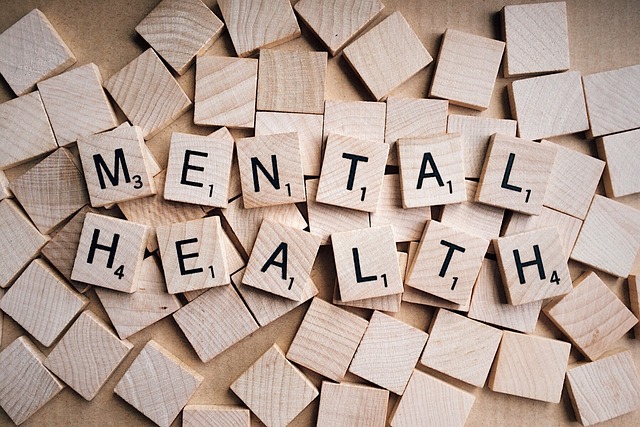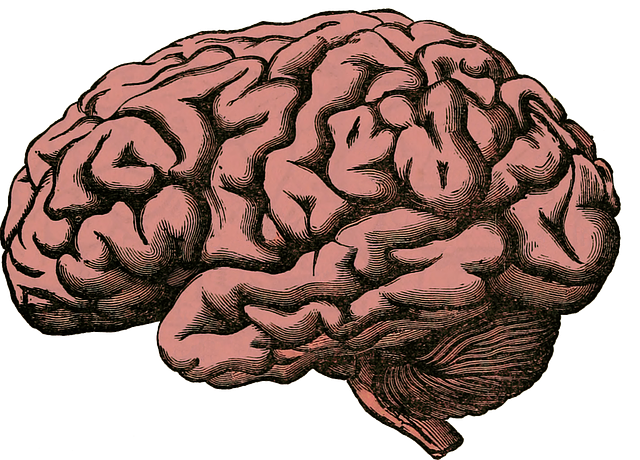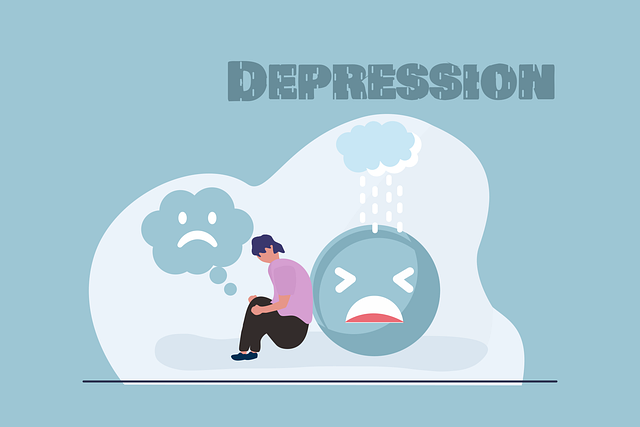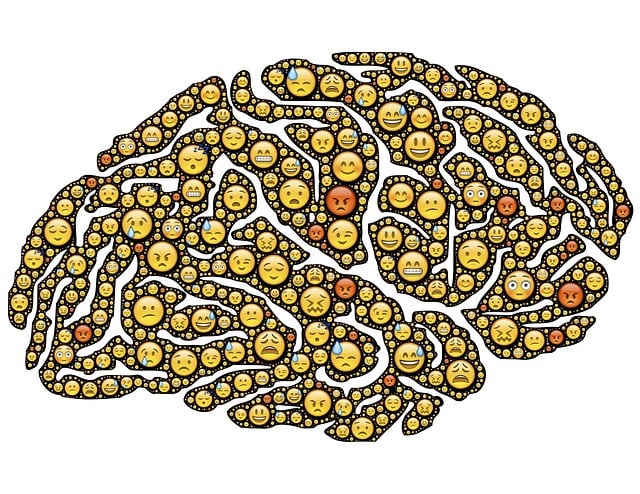Emotional intelligence (EI) is a vital skill for navigating life's challenges, particularly during transitions like parenthood. High EI levels can reduce the risk of postpartum depression (PPD), a common mental health issue in Greenwood Village. Healthcare providers with cultural competency training offer empathetic care, supporting mothers facing PPD. Building EI involves managing one's emotions and empathizing with others; therapy aids in these skills. Greenwood Village offers specialized postpartum depression therapy focusing on healing, resilience-building, and effective coping strategies for new mothers. This comprehensive approach prioritizes self-care and supportive networks to empower moms during this transformative period.
Emotional intelligence (EI) is a powerful tool for navigating life’s challenges, especially for new mothers. In this article, we explore the profound impact of EI on mental health and delve into specific strategies, like Greenwood Village Postpartum Depression Therapy, designed to enhance resilience. We’ll dissect key signs of postpartum depression, highlighting its significance, and examine the transformative role therapy plays in building emotional intelligence. Discover practical coping skills to foster a healthier, happier mind post-pregnancy.
- Understanding Emotional Intelligence and Its Impact on Mental Health
- Recognizing the Signs: Identifying Postpartum Depression in Mothers
- The Role of Therapy in Enhancing Emotional Intelligence
- Strategies for Building Resilience and Coping Skills
- Greenwood Village Postpartum Depression Therapy: A Comprehensive Approach to Healing
Understanding Emotional Intelligence and Its Impact on Mental Health

Emotional intelligence (EI) refers to an individual’s ability to recognize, understand, and manage their own emotions, as well as empathize with and influence the emotions of others. This multifaceted skill set goes beyond mere emotional awareness; it involves self-regulation, social skills, and a deep understanding of interpersonal dynamics. In today’s fast-paced world, where stress, anxiety, and mental health challenges are prevalent, cultivating EI can significantly impact overall well-being.
For instance, research has shown that high levels of emotional intelligence can mitigate the risk of postpartum depression (PPD) in new mothers, a condition not uncommon in Greenwood Village communities. By enhancing their emotional intelligence, individuals can better cope with stressful life transitions, such as parenthood, and develop effective strategies for anxiety relief and trauma support services. Moreover, healthcare providers equipped with cultural competency training can create more empathetic and accessible environments, fostering stronger connections with patients facing mental health struggles, including PPD.
Recognizing the Signs: Identifying Postpartum Depression in Mothers

Postpartum depression is a serious mental health condition that can affect new mothers, often going unnoticed due to societal expectations and the overwhelming responsibilities of parenting. Recognizing the signs early on is crucial for effective Greenwood Village postpartum depression therapy. This period is typically associated with a surge of hormones, emotional highs, and lows, but when these feelings persist and intensify, it may indicate an underlying issue.
Mothers experiencing postpartum depression may exhibit various symptoms, including extreme fatigue, changes in appetite, difficulty sleeping, feelings of sadness or anxiety, and difficulty bonding with their baby. They might also have thoughts of guilt, worthlessness, or even suicidal ideation. Mind Over Matter principles emphasize the power of self-awareness and understanding these signs can be a pivotal step in seeking help. Effective risk management planning for mental health professionals involves staying vigilant during routine check-ups and having open dialogues with new mothers to ensure their emotional well-being.
The Role of Therapy in Enhancing Emotional Intelligence

Emotional intelligence building involves understanding and managing one’s own emotions as well as empathizing with others. Therapy plays a pivotal role in enhancing emotional intelligence by providing a safe space for individuals to explore their feelings, gain insights into their emotional triggers, and learn effective coping strategies. For parents navigating postpartum depression in Greenwood Village, therapy can be a game-changer. This form of support helps them process complex emotions, improve mental wellness, and strengthen their bond with their children through enhanced emotional awareness.
Incorporating self-care practices alongside therapy can significantly boost emotional intelligence. Activities such as mindfulness exercises, journaling, and stress management techniques not only promote depression prevention but also foster a deeper connection with one’s inner self. By integrating these strategies into daily routines, individuals can improve their ability to recognize and respond to emotions, thereby enhancing both personal relationships and overall life satisfaction.
Strategies for Building Resilience and Coping Skills

Building resilience is a key component of emotional intelligence development, especially for individuals navigating mental health challenges like postpartum depression in Greenwood Village communities. Effective strategies include cultivating positive self-talk and reframing negative thoughts. Encouraging regular physical activity, mindfulness practices, and connecting with supportive networks can significantly enhance coping skills. These approaches not only promote emotional balance but also serve as powerful tools for depression prevention.
Communication strategies play a vital role in resilience building. Openly discussing emotions and experiences helps break down the mental illness stigma reduction efforts. Sharing personal stories within safe spaces fosters understanding, encourages empathy, and paves the way for effective support systems. By integrating these practices, individuals can better manage stress, adapt to change, and cultivate a more positive outlook—essential aspects of emotional intelligence growth.
Greenwood Village Postpartum Depression Therapy: A Comprehensive Approach to Healing

In Greenwood Village, postpartum depression therapy is a beacon of hope for new mothers navigating the complex emotional landscape after childbirth. This comprehensive approach goes beyond treating symptoms; it’s designed to heal and empower. Therapists specialize in addressing the unique challenges faced by mothers, focusing on building resilience and confidence alongside effective stress management techniques.
The program integrates evidence-based practices tailored to foster emotional well-being. Through individual or group sessions, mothers learn coping strategies to manage postpartum mood swings, anxiety, and exhaustion. By prioritizing self-care and cultivating a supportive network, Greenwood Village Postpartum Depression Therapy equips mothers with the tools necessary for long-term mental health and resilience building in this transformative period.
Emotional intelligence is a powerful tool for navigating life’s challenges, particularly during vulnerable periods like postpartum. As highlighted by Greenwood Village Postpartum Depression Therapy, a comprehensive approach combining therapy and coping strategies can significantly enhance mental health and resilience. By understanding emotional intelligence, recognizing signs of postpartum depression, and adopting effective building methods, individuals can foster a healthier relationship with their emotions, leading to improved overall well-being.













